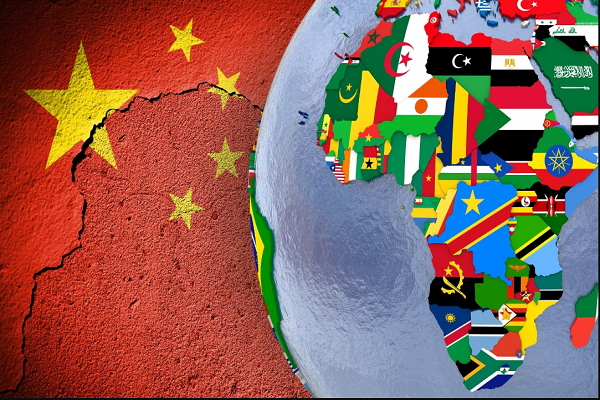
From trains and highways to power plants and ports, Chinese funding has helped to accelerate Africa’s economic growth and bridge infrastructural gaps.
However, although these loans have accelerated growth, they also present obstacles that may impede long-term development. These obstacles take the form of debt default.
The volume of borrowing from China has generated concerns over debt sustainability in some African countries.
This decrease as highlighted by data from Boston University’s Global China Initiative, was in line with the challenges faced by several African nations in managing debt crises.
The data from the aforementioned instituition showed that Chinese lenders are estimated to have provided $170 billion to Africa between 2000 and 2022, owing primarily to President Xi Jinping’s ambitious Belt and Road Initiative (BRI).
While 2022, saw a significant decline in such initiatives, 2023 and subsequently, 2024 told a different story as the Chinese president opted to re-energize financing in Africa.
Also, in 2024, President Xi Jinping stated that China will strengthen its support for Africa, providing about $51 billion in funding, increased infrastructure projects, and the creation of at least 1 million jobs.
The promises were presented during the Forum on China-Africa Cooperation Summit in Beijing.
On a side note, the figures below represent total debt to China in USD million as of 2000-2021.
Top 10 African countries with the highest debt to China
| Rank | Country | Total debt to China 2000-2021 |
|---|---|---|
|
1. |
Angola: |
$64.8 billion |
|
2. |
South Africa |
$21.3 billion |
|
3. |
Ethiopia |
$20.4 billion |
|
4. |
Sudan |
$18 billion |
|
5. |
Egypt |
$15 billion |
|
6. |
Nigeria |
$14.5 billion |
|
7. |
Zambia |
$13.5 billion |
|
8. |
Democratic Republic of Congo |
$13.1 billion |
|
9. |
Kenya |
$12.7 billion |
|
10. |
Ghana |
$9.8 billion |










